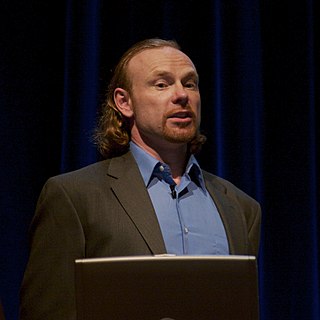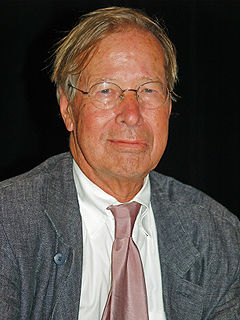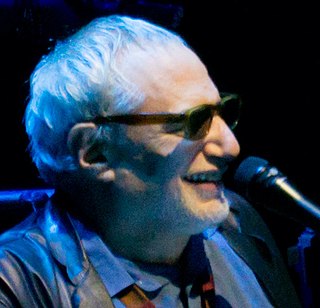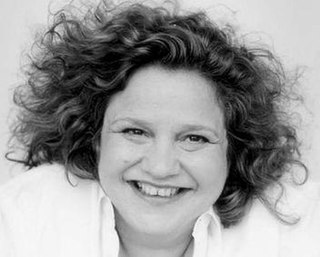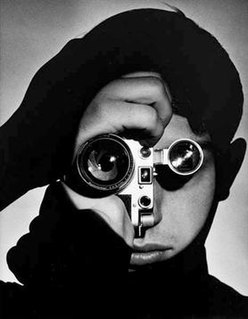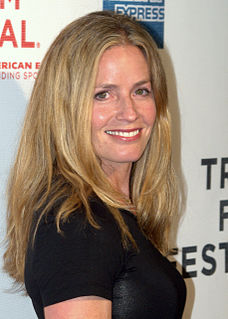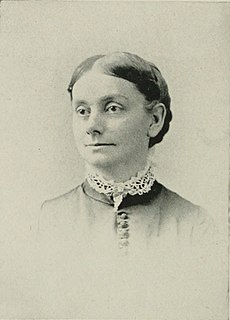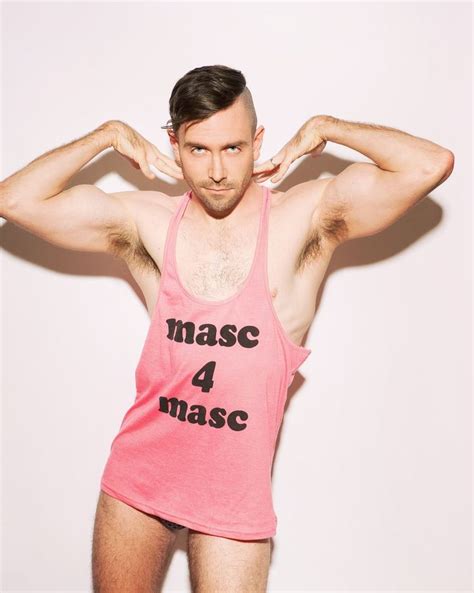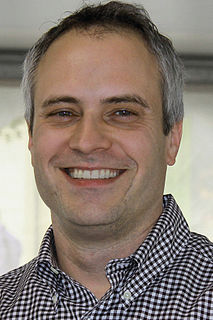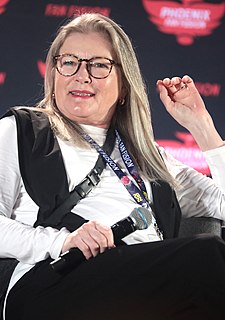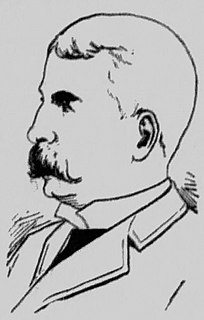Top 929 Mortality In Hamlet Quotes & Sayings - Page 12
Explore popular Mortality In Hamlet quotes.
Last updated on April 20, 2025.
It is not the weariness of mortality, but the strength of divinity, which we have to recognize in all mighty things; and that is just what we now never recognize, but think that we are to do great things by help of iron bars and perspiration. Alas! we shall do nothing that way but lose some pounds of our own weight.
The doctrine of pre-existence pours a wonderful flood of light upon the otherwise mysterious problem of man's origin. It shows that man, as a spirit, was begotten and born of heavenly parents and reared to maturity in the eternal mansions of the Father, prior to coming upon the earth in a temporal body to undergo an experience in mortality.
I wrote my first play, Uncommon Women and Others, in the hopes of seeing an all-female curtain call in the basement of the Yale School of Drama. A man in the audience stood up during a post show discussion and announced, “I can't get into this, it's all about girls.” I thought to myself, “Well, I've been getting in to Hamlet and Laurence of Arabia my whole life, so you better start trying.”
Many audiences all over the world will answer positively from their own experience that they have seen the face of the invisible through an experience on the stage that transcended their experience in life. They will maintain that Oedipus or Berenice or Hamlet or The Three Sisters performed with beauty and with love fires the spirit and gives them a reminder that daily drabness is not necessarily all.
If it turns out that physical death truly results in the absolute cessation of consciousness, then it would seem to me that in the grand truth of things, every human who has ever lived, who has not committed every minute of their lives toward an effort in finding a cure for mortality, has died as an utter and miserable failure.
What we, thanks to Jung, call "synchronicity" (coincidence on steroids), Buddhists have long known as "the interpenetration of realities." Whether it's a natural law of sorts or simply evidence of mathematical inevitability (an infinite number of monkeys locked up with an infinite number of typewriters eventually producing 'Hamlet,' not to mention 'Tarzan of the Apes'), it seems to be as real as it is eerie.
When I started out on 'Min Kamp', I was so extremely frustrated over my life and my writing. I wanted to write something majestic and grand, something like 'Hamlet' or 'Moby Dick,' but found myself with this small life - looking after kids, changing diapers, quarreling with my wife, unable to write anything, really.
The similarity between Van Gogh, Haiku poetry, and good photography is the concern for mortality. That things are very fleeting, that there are people who are more sensitive to death than others. The threat of time is of great concern to them. And the camera is a very appropriate instrument for many.
For me, life without literature is inconceivable. I think that Don Quixote in a physical sense never existed, but Don Quixote exists more than anybody who existed in 1605. Much more. There's nobody who can compete with Don Quixote or with Hamlet. So in the end we have the reality of the book as the reality of the world and the reality of history.
Writing stretches me to my limits and affirms my potential, all while making me aware of my flaws, my mortality, and how much more I have to learn. It's a singular feeling, both spiritual and corporeal, and I like to think it sparks the same inspiration and curiosity in a child that it does in an old man.
We see Google experimenting in so many places outside of its core search and advertising business, whether that's bringing broadband Internet to the world or funding an entirely separate company to pursue solutions to disease and mortality. Amazon's one of the few other companies that thinks as big as Google does.
Behind the cotton wool is hidden a pattern; that we—I mean all human beings—are connected with this; that the whole world is a work of art; that we are parts of the work of art. Hamlet or a Beethoven quartet is the truth about this vast mass that we call the world. But there is no Shakespeare, there is no Beethoven; certainly and emphatically there is no God; we are the words; we are the music; we are the thing itself.
One learned gentleman, "a sage grave man," Talk'd of the Ghost in Hamlet, "sheath'd in steel"— His well-read friend, who next to speak began, Said, "That was poetry, and nothing real;" A third, of more extensive learning, ran To Sir George Villiers' Ghost, and Mrs. Veal; Of sheeted Spectres spoke with shorten'd breath, And thrice he quoted Drelincourt on Death.
Those who have lost an infant are never, as it were, without an infant child. Their other children grow up to manhood and womanhood, and suffer all the changes of mortality; but this one alone is rendered an immortal child; for death has arrested it with his kindly harshness, and blessed it into an eternal image of youth and innocence.
The training gave me the building blocks to get through it. A production of that scale, in a theater that big, you are going to struggle to keep your voice at first-run perfectness. All that work I did - the pull-ups and pushups - helped keep my body fit. Hamlet, the show, is a cardiovascular workout of about three hours, never mind the mental, soul-crushing element of it.
I saw Ben Whishaw playing Hamlet at the Old Vic and straight away had a very strong sense that he might be the end of a very, very long road of searching for the right guy. He did an amazing audition, where it all came across this, instinctive feeling that he obviously had for the character in the Perfume: The Story Of A Murderer.
Much of Hamlet is about the precise kind of slippage the mourner experiences: the difference between being and seeming, the uncertainty about how the inner translates into the outer, the sense that one is expected to perform grief palatably. (If you don’t seem sad, people worry; but if you are grief-stricken, people flinch away from your pain.)
Life's so brief,” she goes on. “We're, at every juncture, staring mortality in the face. It's the very least we can do if we think it will be of any interest or value, to share the past. And although mine's been crooked, it's also been splendid. It's taught me to be vulnerable and humble, to write this book.
It's actually now, more common to see conceptual productions of Shakespearian, which Hamlet is played as a Nazi, or a homosexual, or whatever concept is being laid over the play, then it is to see a production of Shakespeare in which there is no conceptual overlay and the play is simply being presented on its own terms.
I think, as an actor, it is good to feel the fear of failing miserably. I think you should take that risk. Fear is a necessary ingredient in everything I do. But if I do 'Hamlet,' it will probably be in a small theater on a small stage, and it will have to be very, very soon because I'm getting a little long in the tooth for it.
It is certainly not then-not in dreams- but when one is wide awake, at moments of robust joy and achievement, on the highest terrace of consciousness, that mortality has a chance to peer beyond its own limits, from the mast, from the past and its castle tower. And although nothing much can be seen through the mist, there is somehow the blissful feeling that one is looking in the right direction.
With spectacular events taking up so much of the available anxiety quotient, we need to be constantly reminded of the more workaday threats to our mortality - threats that, while they may also be functions of human error, have become so ubiquitous that we've begun to apprehend them as natural phenomena.
I gather, young man, that you wish to be a Member of Parliament. The first lesson that you must learn is, when I call for statistics about the rate of infant mortality, what I want is proof that fewer babies died when I was Prime Minister than when anyone else was Prime Minister. That is a political statistic.

